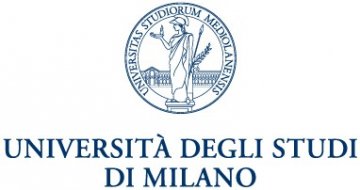The University of Milan is a leading Italian university for investment in research infrastructure and human capital: two essential elements for tackling the complex challenges of knowledge in a rapidly changing social and industrial context. As a public institution concerned with the development and progress of knowledge, the University has always been committed to research projects that influence the quality of life of citizens. Research at the University of Milan is mostly conducted in the departments and the many specialised structures, favouring the creation and growth of networks of collaboration locally, nationally and internationally. Scientific activity involves the whole academic community from professors, researchers, doctoral students, fellowship-holders and fellows to undergraduates, in an ideal quest for new ideas.
Role within NeuroCOV
The research team of University of Milan combines both clinical and basic science expertise within the Department of Medical Biotechnologies and Translational Medicine and the 'L. Sacco' Department of Biomedical and Clinical Sciences. UNIMIL team is leaded by Prof Domenico Mavilio and include Prof Agostino Riva, Prof Eduardo Nobile-Orazio and Prof Leonardo Pantoni. Thanks to the profound experience gained during the pandemic with the recruitment of COVID/Long COVID-19 patients, cohort management, biosampling and clinical/neurological assessments, and also by taking advantage of the long lasting and fruitful collaboration with IRCCS Istituto Clinico Humanitas and “Luigi Sacco” University Hospital, UNIMIL will be involved in NeuroCOV project in patient enrollment. In particular, 700 patients will be enrolled in the Italian cohort and clinical data and biological samples will be collected to study NeuroCOVID developed in patients after SARS-CoV2 acute infection. UNIMIL and DZNE will join their efforts to manage the patient enrollment and sample collection in a standardized and harmonized way to assess the demographic and epidemiological characteristics of NeuroCOVID patients in this large prospective study.
Main contacts

